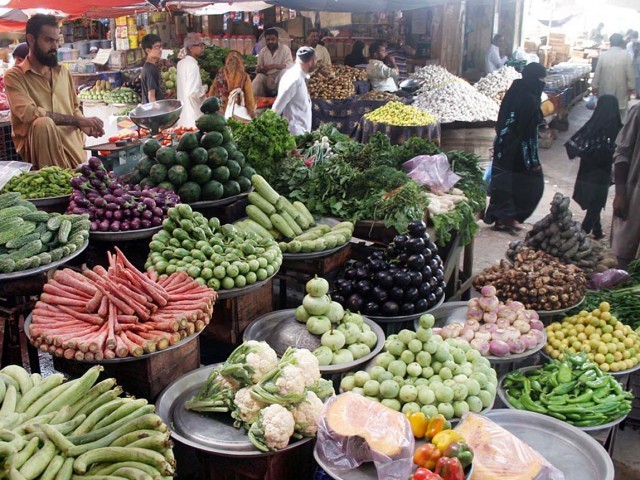ISLAMABAD: The fruit and vegetable exporters and importers have expressed strong reservations over the proposed normal tax regime for exporters in the Budget 2024-25. They claim that this move will severely impact their sector, which operates within a largely unregulated supply chain.
According to letters sent to the Ministry of Commerce, the All Pakistan Fruit and Vegetable Exporters, Importers, and Merchants Association (PFVA) stated that complying with the normal tax regime is impractical due to the unregulated nature of the fruit and vegetable trade.
The Association highlighted that the Federal Government has proposed a 29% tax on export earnings in the 2024-25 budget, replacing the current full and final withholding tax of 1% under the fixed tax regime. The PFVA has strongly rejected this proposal, warning that it could have serious repercussions on Pakistan’s economy.
The Association explained that abolishing the fixed tax regime would significantly reduce exports, lead to the closure of export units, cause widespread unemployment, prevent the government from meeting tax revenue targets, and exacerbate the shortage of foreign exchange, further depreciating the rupee. Additionally, the agricultural sector, which is crucial to Pakistan’s economy and employs millions, would be at risk.
According to the association, Pakistan’s fruit and vegetable exports have reached $700 million. The Association aims to increase this to $1 billion and eventually $3 billion over the next five years. However, the sector faces challenges such as the impact of climate change on food availability and rising costs, making it harder to compete internationally. The PFVA anticipated government relief for the agriculture sector, particularly in light of climate change, but found the sector ignored in the budget.
The PFVA states that it is committed to exploring new international markets, improving marketing, packaging, modernizing processing, and enhancing the quality of fruits and vegetables. However, if the proposed 29% tax is implemented, exporters will be forced to divert their focus from increasing exports to managing complex tax compliance, which could result in a decline in exports.
The Association outlined several difficulties with the proposed tax, noting that the agricultural sector benefits from tax exemptions and relies heavily on cash transactions. Most Pakistani farmers are small-scale, tax-exempt, and unregistered with the Federal Board of Revenue (FBR), making it impossible to establish a money trail for expenditures. Currently, exporters pay 0.25% as an Export Development Fund (EDF), a 1% withholding tax on export turnover, and 0.25 to 0.35% in bank charges, totaling 1.85% of turnover.
The PFVA has consistently opposed the proposal to abolish the 1% fixed tax on exports, arguing that it would lead to harassment from tax authorities, increase corruption and bribery, and divert exporters’ energy towards tax calculations, raising business costs.
The PFVA asserted that the proposed 29% tax on export profits is detrimental to Pakistan’s economic conditions. The export industry, already under cost pressures, cannot withstand such a severe impact. The Association supports broadening the tax net and increasing government revenue but warns against destroying the export industry, which would equate to losing substantial trade.
The PFVA calls on all parliamentary parties to oppose this “cruel” proposal and urges the government to reconsider and maintain the fixed tax system.




